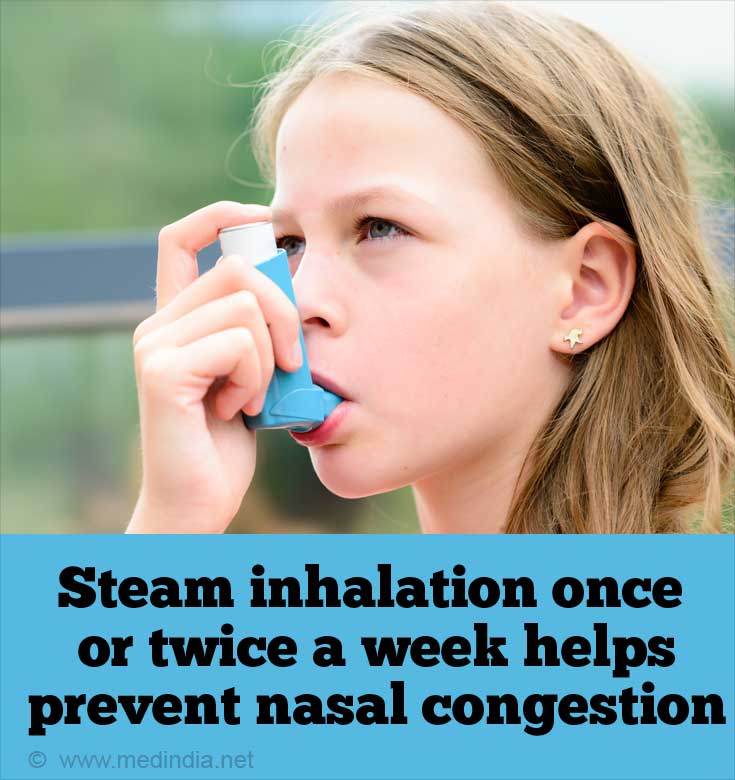- 10 winter illnesses - (http://www.nhs.uk/Livewell/winterhealth/Pages/Winterhealthrisks.aspx)
- Arthritis Basics Frequently Asked Questions - (http://www.cdc.gov/arthritis/basics/faqs.htm)
What are the Winter Ailments?
In picture postcards, winter is associated with beautiful snow laden trees, children playing in the snow and couples braving the winter chill to go for a walk in the park. However, in reality, winter is more closely associated with staying huddled indoors, people scurrying home to escape the piercing winter winds and children down with the flu!

Common Winter Ailments – How to Prevent and Treat Them
One of the worst aspects of winter is that it causes people to stay indoors for longer periods and this increases the risk of transmitting common viral infections. So what are the common ailments in winter and what can you do about it? Here is a list of common ailments in winter with suggestions on how to prevent and treat them.
Colds
Colds are the most common winter health problem. They are caused by viruses that attack the lining of the upper respiratory tract. The attack results in the inflammation of the nose and throat which in turn triggers the production of mucus, resulting in sneezing and a runny nose. There are over 200 types of viruses that could cause a cold and since many of them preferentially grow at cooler temperatures, the risk of a cold infection is highest in winter.
How to Prevent and Treat Colds?
Avoid or minimize your interaction with people who have a cold, as it is highly contagious. Wash your hands thoroughly with an antimicrobial hand-wash and avoid touching your nose and mouth, as these are the most likely portals of entry for the virus. People often wonder what herb cures all ailments of the respiratory tract. Unfortunately, there is no single herb that can do this, but there are some herbs that can help treat a wide variety of respiratory problems. Thyme and ginger are very effective in the prevention and treatment of colds, so you can have a cup of ginger and thyme tea every morning to minimize your risk of getting a cold.

Asthma
Asthma is an inflammatory disease that results in the narrowing of the airways. The airways swell and often produce excess mucous, which restricts breathing and causes wheezing, shortness of breath and coughing. Asthma has no known cause and no cure, although it can be controlled. During the winter months, the cold dry air and the prevalence of upper respiratory tract infections increase the risk of an asthma attack.

How to prevent and treat asthma attacks: Stay indoors as much as possible. If you need to be outdoors for a prolonged period, try to restrict it to the afternoon and early evening when the air temperature is highest. Cover your face with a breathing mask or a scarf to reduce your exposure to dust and particulate pollutants. Steam inhalation once or twice a week will help to prevent nasal congestion and keep your airways free of mucous build-up.
Heart Attacks
During winter, our body’s response to the cold temperature is to narrow the blood vessels to minimize the loss of body heat. Unfortunately, this means that if your arteries are already narrowed by plaque, there is a higher risk that one will become blocked which will result in a heart attack. Furthermore, the narrowing of the vessels increases blood pressure which places an additional burden on your heart.
How to prevent heart attacks in winter: Stay warm and dress in layers to conserve body heat. Use an electric blanket or a hot water bottle to stay warm while you sleep. Avoid strenuous activity and discuss your exercise schedule with your doctor. A flu infection will increase your risk of heart disease as it can increase blood pressure and alter white blood cell activity.
Arthritis
Arthritis is a joint disorder that results in the inflammation of the joints. The pain in the affected joints is often constant although it can increase or decrease in severity. Osteoarthritis is the most common type of arthritis and is most common in seniors. Although, there is scant scientific research on the connection between winter and the severity of arthritis pain, many arthritis patients report an increase in joint pain during the winter.

How to prevent and treat arthritis pain in winter: It is important that you remain active, so do not give up your exercise schedule, instead exercise indoors. Keep the affected joint well insulated, as this would help relieve the pain and inflammation. If your knees are affected, you can soak your legs in hot water to reduce the pain. Make sure that your intake of calcium is adequate and if you stay indoors a lot, ask your doctor if you should take a vitamin D supplement.
Depression
Physical ailments often have symptoms that are easy to recognize which make it easier to treat them. Emotional and mental health issues are not always easy to detect but they too require timely treatment. Many people start to feel low and depressed during winter and this type of depression is generally referred to as the “winter blues”.
How to prevent and treat depression in winter: Exercise is one of the simplest but most effective ways to beat depression. Exercise increases your body’s production of serotonin, which is the chemical that makes you feel happy. A depressed mental state is associated with lower levels of serotonin, so exercise is a reliable way to beat the blues!
Health Tips for Winter
It is important to know winter ailments and remedies, but it is also helpful to know how you can stay healthy this season, which can prevent a whole host of problems. Here are a few tips for winter:
- Dehydration increases your risk of several viral and bacterial infections and unfortunately, we don’t feel thirsty quite so often in winter. This is why it is important that you keep a track of your daily water consumption.
- Increase your intake of fruits, vegetables and fiber-rich foods as they will keep your immune levels up.
- Include yogurt in your daily diet as it contains healthy probiotic bacteria which will help prevent stomach problems such as diarrhea and bloating.
- Dry skin rashes are common in winter so make sure that you use a moisturizer after your daily bath.
- Adequate sleep is essential for a healthy immune system so make sure that you get adequate sleep on a daily basis. This will reduce your risk of sore throats, coughs and several types of ailments.
- Set aside time to relax and de-stress, as stress is a trigger for several mental and physical problems.








